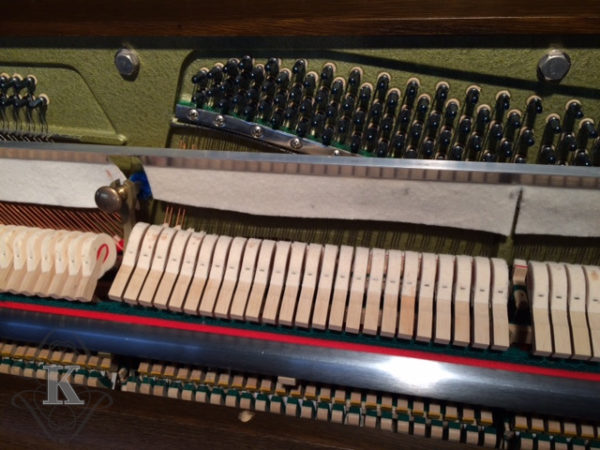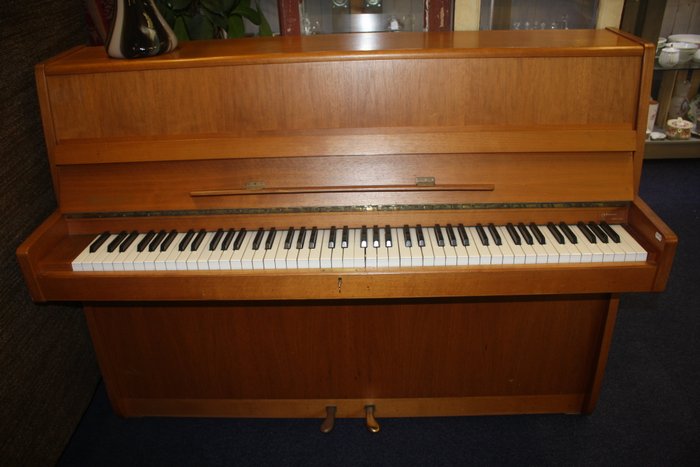

Most tasty is the Professor's warning on over-relying on inspiration. Classical music's answer to Stephen Colbert. Long overdue for mention is Professor Heebie McJeebie's delightful " Classical Pontifications" blog. The "rules" for classical music had yet to be set by 17th and 18th century composers, so it all sounds beautifully alien to the modern ear, especially the choir pieces. "2002 Classical Music Consumer Segmentation Study, which found that of those Americans who consider themselves lovers of classical music, only half attend concerts regularly, with the other half choosing to listen in their cars or on their home stereo systems, computers, etc." Find the rest of it here.Ĭlick-worthy is " Mr Dan Kelly's Blog" which rolls into November with a lovely post on composer Josquin Des Prez: " Early, pre-Elizabethan music is a fascinating field. I found this recent post on music and technology especially interesting. It's not just for New Yorker's! There's loads of good stuff to found there for anyone interested in the arts. (just kidding)Ĭurrently listening to: Artur Schnabel - Beethoven - Rondo in A WoO49Ĭheck out the 92nd Street Y's Blog.
CLASSICA NORDISKA PIANO HOW TO
"Their first week of career development includes a consultation with a stylist, shopping for performance clothes, a photo shoot with a fashion photographer and a visit to the Banff Centre, where they will be encouraged to start thinking about how to expand their repertoire and develop a niche." But if they're going to get ahead, they need the balls to sell themselves."Īnd just to be sure about it, the winners get a make-over: "Musicianship is still the most important thing. ""I'm not saying we're sexing up classical music, but when you see a young person who is stylish and confident and has it together going out onstage, the audience feels the magic in the air. "We're looking for someone with comprehensive versatility - someone who has unbelievable technical prowess in the service of the score and can convey a commanding personal response to the score. "We're not looking for the kind of sensational virtuoso that galvanizes an audience so they're so overwhelmed by the rush that nerve endings are practically sliced off," says Aide, the former head of the keyboard division at the University of Toronto's faculty of music. You can see Pogorelich playing Scarlatti here.įine write up that's more revealing about the nature of the Honens International Piano Competition than anything else.

People are always after the 'dark power,' like in Star Wars." < Link.

That was the price a 22-year-old had to pay to make an awful lot of money. I worked on it myself like a child making a toy. It turns out that he wasn't feeling well and that he will be seeking medical attention during his stay in Denver." LinkĪsked what he thinks today when he hears himself described as "eccentric," "arrogant," and "difficult," the pianist said, "That was my image. Some hefty coughs ensued, which were later explained in the pianist's surprisingly forthcoming remarks. Pogorelich opened the program so abruptly that an adjustment of the piano bench and music stand followed awkwardly while he continued playing. Sometimes achingly beautiful, sometimes menacingly angry, his music making was utterly absorbing.Plenty of other oddities peppered the evening, as well. The result was a string of musical phrases and artistic exclamations that were rendered with unabashed passion. "While it's vain to presume what goes on in another human psyche, this physical powerhouse of a man - think Yul Brynner - is arguably a troubled, tortured yet deeply sensitive soul. This century's Glenn Gould of a sort? I really wonder. Read the rest of this fascinating interview here.Ĭurrently listening to:Schubert, Impromptu D.935 - 3 in B flat "If a man from Mars were dropped on the earth and the only Beethoven left was the piano sonatas, he could actually form a pretty complete idea of who Beethoven was. It isn't just a matter of effort, though, but also of absolute time - a live performance takes exactly as long as the piece, whereas a recording of a single sonata might take eight hours of takes, listening, making judgments, and balancing possible choices.Īnd I think he gets it right with this observation: I stretch my own limits, because I take all the experiences I've had with the individual work, with Beethoven and with performing altogether, and I try to distill them. In recording, though, I really put the screws to myself. Ohlsson's recording of the Beethoven sonata cycle is shaping up to be one for the ages. In a recent interview with writer/pianist Joseph Smith, Ohlsson provides an glimpse into this approach to the project:


 0 kommentar(er)
0 kommentar(er)
